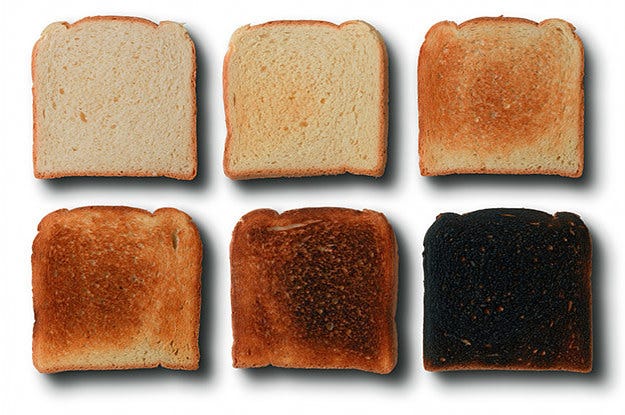ANALYSIS: The Trudeau Liberals are toast. It's just a question of how badly burnt.
Polling data shows Liberals have never started an election so low
Things are looking grim for Justin Trudeau’s federal Liberals. But the Liberals have gone into elections with low support before then pulled out a win, right?
No, never. The federal Liberals have never gone into an election this low. And in their next lowest starts they they lost — badly.
Nine polls were publicly released in May. One put the Liberals at 26. Four put them at 25. One put them at 24. Three pegged them at 23. No public poll has found Trudeau’s party above 30 per cent since September, 2023.
In 2019 and 2021 the Liberals started the election with support in the low 30s, ten points higher. In 2015, Trudeau started in the mid- to high-20s.
Aside from today’s polling results, the second and third worst pre-election results were in 2011 and 2008. In both, the Liberals started the election campaign higher than today’s support level by a few points, in the mid-20s. And in those elections they lost badly. At the end of the 2011 and 2008 campaigns the federal Liberals held only 18 and 26 per cent support, respectively.
In 2006, the Liberals started in the mid- to high-30s. By election day they’d collapsed to 30 per cent and they’re 13 years of governing were over.
Look back another 50 years if you like. You can’t find an election when the Liberals started below 30 per cent, let alone at 23 or 24 per cent.
With Liberals out, focus should be on Poilievre’s plans
Next election, the federal Liberal Party is toast. Accepting that fact means it’s time for Conservative leader Pierre Poilievre, who leads in public polls, to answer some questions for Canadians.
A politician can be all things to all people if he can control the narrative about himself. And that’s what the Conservative leader has done by holding media availability only infrequently and offering one-on-one interviews only to conservative media.
The result is we don’t know much of what a Prime Minister Poilievre would do. He criticizes the current government for spending too much. But when asked about specific cuts, such as the NDP dental program or pharmacare, he dodges. But he also criticizes the government for spending too little in some areas, such a defence.
Poilievre hasn’t said what he’d cut, how much, or how fast. We don’t even know if he favours bringing the deficit to zero.
As NDP leader Jagmeet Singh says, people don’t know the price of Poilievre. And they deserve that information.
Months ago, Pierre Poilievre won the Conservative Party leadership and the job of official opposition leader. The results are in, and he’s done well.
But now he’s interviewing for a different job, one representing all Canadians, not just card-carrying Conservatives. This job requires the skills to build up a country, not tear down an opponent.
Poilievre would prefer to not tell Canadians what he’d keep, what he’d cut, how he’d revive growth or how he’d restore strong wages for the working class families he courts so assiduously.
To avoid questions about himself, Poilievre hopes to keep voters’ focused on a dead man walking and become prime minister by default.
The sooner we get it through our heads that the Liberals are done, the sooner we start expecting some answers to basic questions, and the better it will be for Canada.




